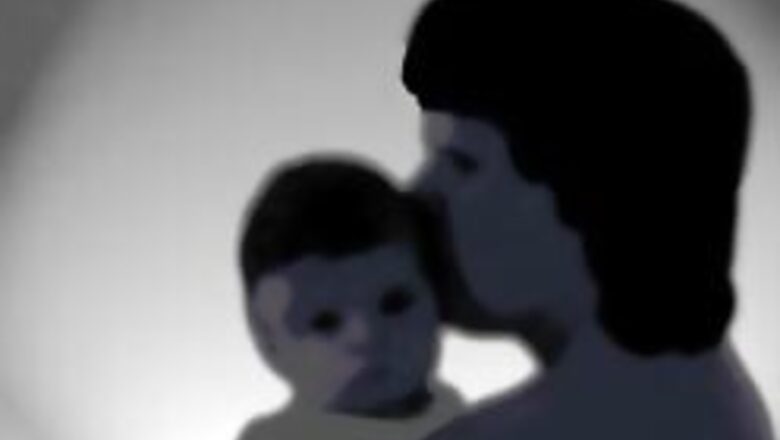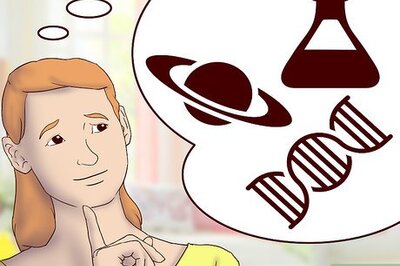
views
Chicago: It is a provocative finding by researchers with potentially big public health implications for the first time. The researchers say that treating a mother's depression can help prevent depression and anxiety disorders in her child.
The study was conducted on a small scale but the researchers and other experts called it convincing and said it illustrated how important a parent's well being is to a child. "It's a very dramatic and important finding," psychiatry professor at the University of Texas Southwestern Medical Center and co-author, Dr A John Rush said.
Depression runs in families and has a strong genetic component, but environmental factors can trigger it too.
Researcher at Columbia University and New York Psychiatric Institute and also the lead author, Myrna Weissman said the study results indicate that for children of depressed mothers, the trigger is sometimes their mothers' illness acting up.
The researchers added that effective treatment for mothers could mean that their children also might avoid the need for prescription of antidepressants.
"Depressed parents should be treated vigorously," Weissman said. "The impact is not only on them, but it's also on their children," she added later.
The study found out that those children whose mothers' depression disappeared during three months of treatment were much less likely to be diagnosed with depression, anxiety or behavior problems than those whose mothers did not improve.
"The results are very plausible, very convincing and very useful," vice president of the American Psychiatric Association and a psychiatry professor at Rush Medical College in Chicago, Dr Nada Stotland, who is involved in the study, said.
"Our society gives a lot of lip service to how important mothers are, but in fact we don't always appreciate just how profound their effects on their children are," Stotland added.
While mothers often tend to put their own needs last, this research "is a good argument for them to take care of themselves first," Stotland further added.
"It's a little like putting your own oxygen mask on first on the airplane. If you can't breathe, you can't help anybody," Stotland even quipped.
The study appears in today’s Journal of the American Medical Association. It involves 114 depressed women assessed after three months of treatment.
Of the 114 children participants, aged 11 to 12 on average, 68 had no psychiatric disorder when their mothers began treatment.
38 women went into complete remission from depression during treatment, which for most was Forest Laboratories' produced antidepressant, Celexa. Forest supplied the drug and several study authors have financial ties to other antidepressant makers too.
The study however, was funded by grants from the National Institute of Mental Health. Among children with psychiatric problems, the remission rate was 33 per cent after three months for those whose mothers recovered versus 12 percent among those whose mothers did not.
Among children without psychiatric problems at the outset, 11 of whose mothers recovered also remained healthy, whereas 17 per cent of those whose mothers remained depressed were diagnosed with psychiatric problems at the end of the study.
















Comments
0 comment